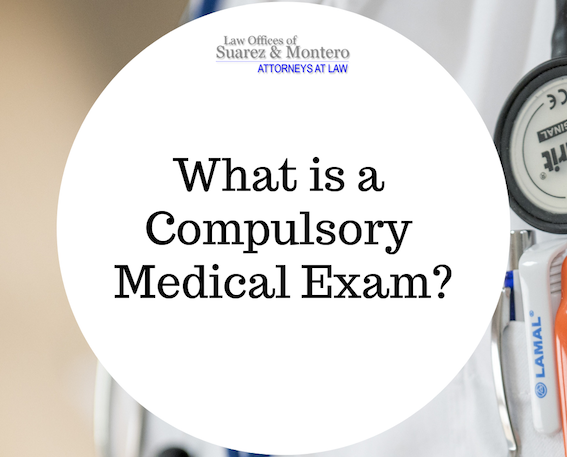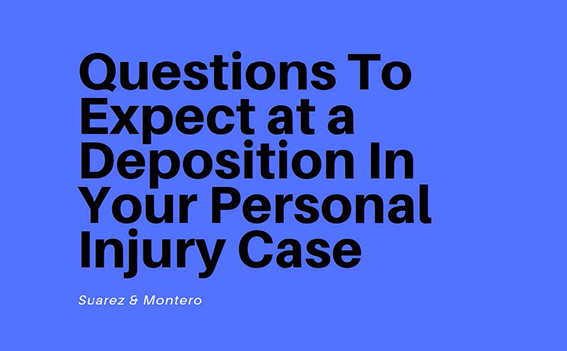
What is a Compulsory Medical Exam?
If you filed suit in your personal injury case, you may have to submit to a compulsory medical examination. A compulsory medical exam, or “CME”, can be requested of a plaintiff or a defendant during a personal injury trial under the Florida Rules of Civil Procedure. In Rule 1.360, a party is granted the right to request an examination, in circumstances “when the condition that is the subject of the requested examination is in controversy.” The choice of the medical examiner generally rests with the requesting party.
The party that asks for the CME results must demonstrate that they have “good cause” to make the request before it will be granted and has the burden of presenting this evidence in the courtroom. Additionally, the rule limits examinations to circumstances in which a given condition is “in controversy,” meaning directly involved in a material element in the case. The idea here is that a defendant who is sued by a plaintiff contending he suffered injuries does not have to accept the plaintiff’s claim at face value. A CME can be requested if the defendant wants proof of your injuries, or believes you are lying or exaggerating the extent of your injuries.
In addition to the examination, the CME doctor usually reviews all of your medical records. If the opposing attorney can locate and collect prior medical records than those records will be supplied to the CME doctor as well. It is also possible that the CME doctor will be given a copy of an accident report, photos of property damage and possibly other expert reports. Ultimately the CME doctor is supposed to write a report containing his or her opinion concerning your case.
Here are some tips if you have been asked to submit to a CME:
- Never discuss attorney/client conversations with the CME doctor; those communications are privileged and confidential.
- Honesty is the best policy. Do not exaggerate your symptoms, as this may negatively affect your claim later.
- Ask the CME doctor about the scope of the physical examination.
- You may refuse any invasive procedures that were not discussed prior to the medical examination.
- Make sure to see your treating physician or medical doctor the same-day as your medical examination. This will ensure that an unbiased medical provider properly diagnosis your condition within hours of being subjected to a CME.
- The Florida Rules of Civil Procedure mandate that a report must be provided by the medical examiner following an examination. Make sure that your attorney provides you with a copy or explains the report to you so that you understand the doctor’s position on your condition and injuries.
If you have been involved in a car accident, and the extend of your injuries has been called into question, contact the attorneys at Suarez & Montero today!





